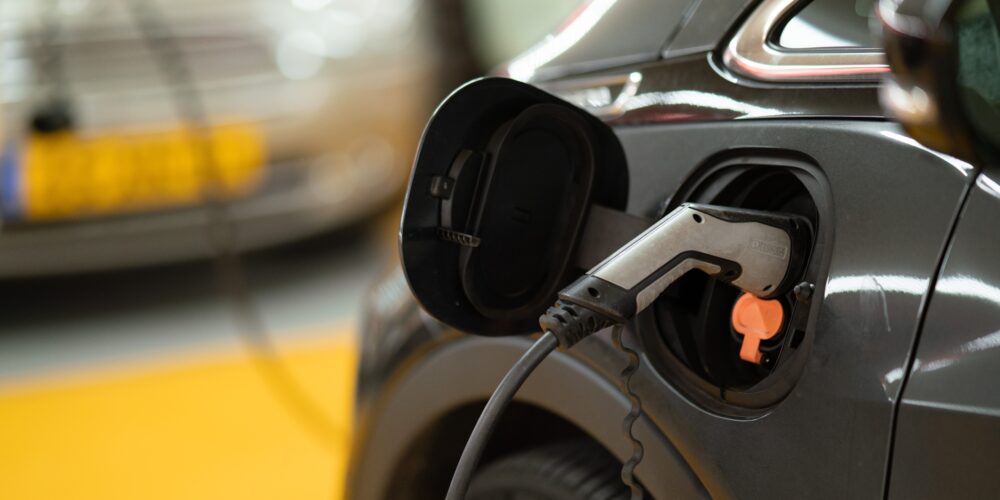Despite assurances to the contrary earlier this year, recent research and data has shown that the UK could be a long way off from meeting its 2023 EV charger targets. The target put in place stated that all motorway services in England would become part of the electric vehicle movement and install at least 6 but ideally more rapid or ultra-rapid EV chargers by the end of this year. It came alongside the additional larger goal of installing enough EV points in public places to reach around 300,000 public charge points by 2030.
In their Taking Charge: The Electric Vehicle Infrastructure Strategy, the government laid out key goals and challenges for reaching their electric vehicle targets, including this 2023 goal. They stated:
“We will accelerate the rollout of high-powered chargers on the strategic road network through the £950m Rapid Charging Funs. This will unlock current barriers to deployment at some of these locations, enabling provision where the commercial case will not add up. Confidence in the ability to undertake longer journeys is fundamental to EV adoption. We will ensure that every motorway service area has at least six rapid chargers by the end of 2023, with some having more than 12. There will be over 6,000 high-powered chargers along out strategic roads by 2035.”
However, despite this clear goal, it’s expected that the UK will not reach the goal by the end of 2023. However, a new study by the RAC has revealed that the UK is far from its target and could miss it completely if action isn’t taken. In fact, only 23-27% of motorway services in England appear to have the target number of charge points, most of which aren’t the rapid or ultra-rapid chargers promised. Only six service stations currently have the target number of these.
As far as high-powered charge points go, there is an average of 3.4 chargers at motorway services, which is barely over half of the target.
In order for the government to reach their target, changes need to happen. RAC spokesperson, Simon Williams, stated:
“Installing these types of units is not straightforward as connecting to the electricity grid is expensive and time-consuming, but clearly more needs to be done to make this process simpler than it is currently. While we understand the government is taking steps to expedite matters, the importance of ensuring sufficient high-powered charging is readily available up and down our motorway network can’t be emphasised enough.”
The need for charging points for UK Drivers has always been a sticking point for the big switch to electric. The lack of facilities not just locally, but while out on the road is stopping drivers who might typically take longer journeys, from making the switch. Without the infrastructure in place and rapid chargers for a quick charge on the go, there is worry amongst these drivers that they could be stuck at service stations for hours if they can find one with an EV point at all.
Despite there being an 8% growth in number of installed devices in the first three months of 2023, there still isn’t quite enough. The RAC also stated:
“With approaching 1m battery electric vehicles on the road and the Government having a goal of 80% of new cars sold by 2030 being zero-emission, it’s critical that the country’s charging network grows proportionately, particularly at the fastest end of the charging spectrum.”
While charges might be few and far between, help for your electric vehicle isn’t. Our garages offer repairs and servicing for all-electric and hybrid vehicles – simply get in touch with a member of our team to find out more about our car repairs and car servicing.

